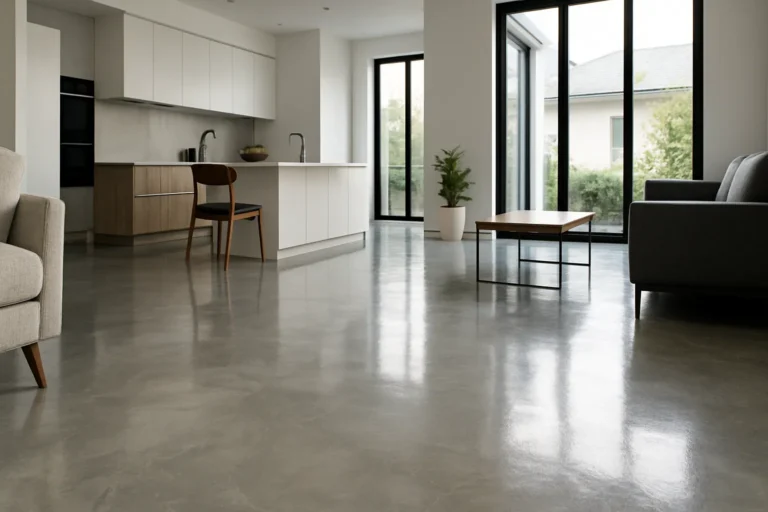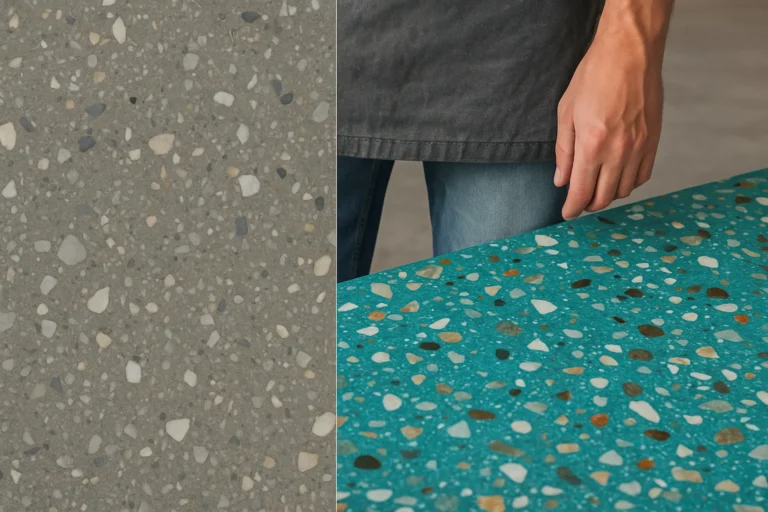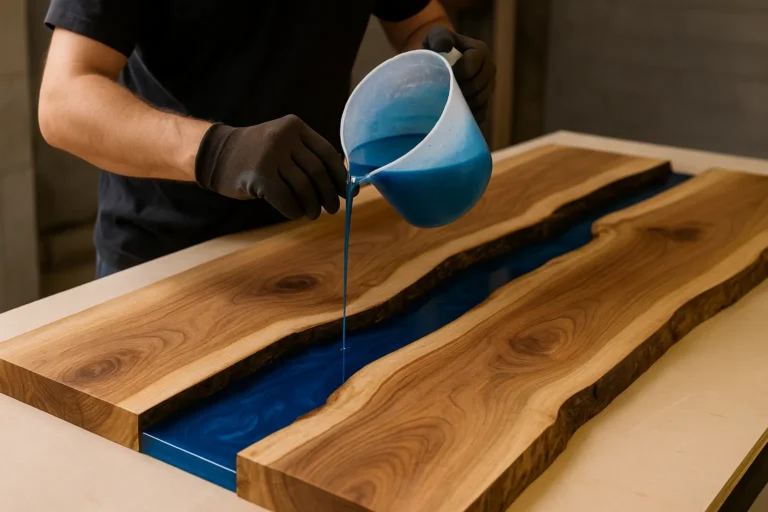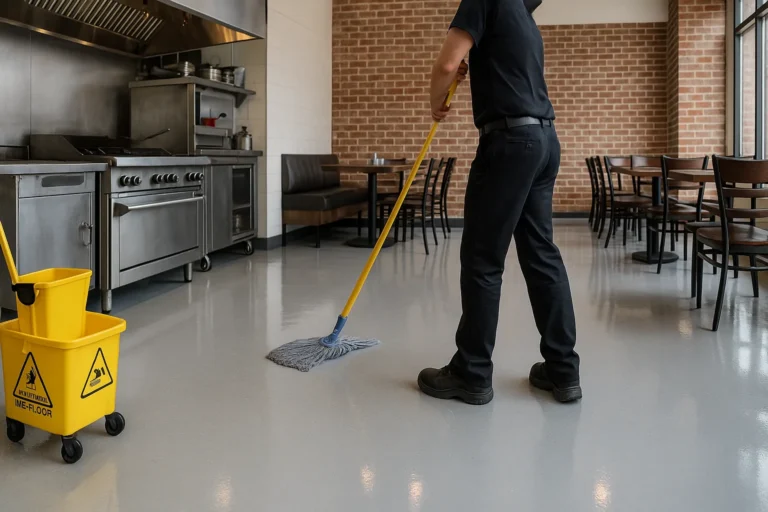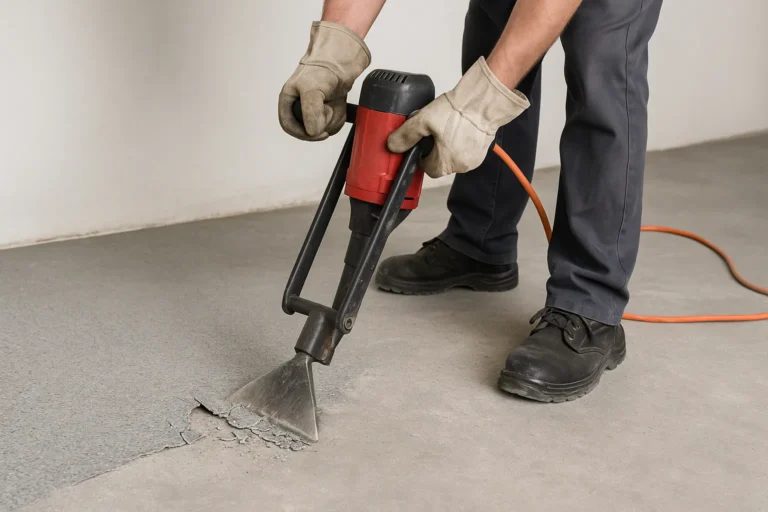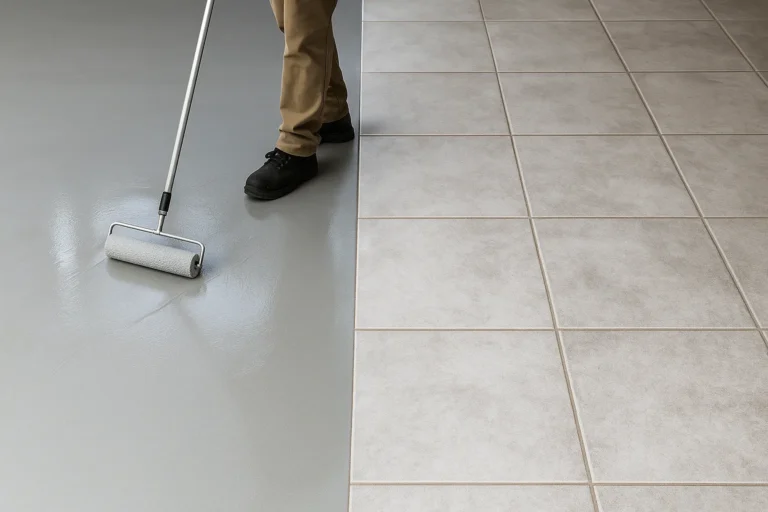Concrete floors with urethane coatings are becoming increasingly popular in the UAE, offering a blend of durability, aesthetic appeal, and functionality. This comprehensive guide explores the benefits, types, application processes, and more, providing valuable insights for anyone considering this flooring option.
Benefits of Urethane Coatings for Concrete Floors
Enhanced Durability and Longevity
Urethane coatings significantly enhance the durability and longevity of concrete floors. These coatings form a robust protective layer that shields the concrete from wear and tear, extending its lifespan. According to the Concrete Polishing Association of America, properly maintained urethane-coated concrete floors can last up to 20 years or more. This longevity makes them a cost-effective solution for both residential and commercial spaces.
- Protects against daily wear and tear
- Extends the lifespan of concrete floors
- Cost-effective over time
Chemical and Abrasion Resistance
One of the standout features of urethane coatings is their resistance to chemicals and abrasion. This makes them ideal for environments where floors are exposed to harsh substances or heavy machinery. Urethane coatings can withstand spills from chemicals and resist scratches, maintaining their integrity and appearance over time.
- Resistant to chemical spills
- Withstands heavy machinery and foot traffic
- Maintains appearance despite harsh conditions
Aesthetic Appeal and Customization Options
Urethane coatings offer a wide range of aesthetic options, allowing for customization to suit any design preference. They can be tinted in various colors and finishes, from matte to high gloss, enhancing the visual appeal of concrete floors. This versatility makes them suitable for both industrial and decorative applications.
- Available in various colors and finishes
- Enhances visual appeal
- Suitable for both industrial and decorative use
Types of Urethane Concrete Floor Coatings

Polyurethane Coatings
Polyurethane coatings are a popular choice for concrete floors due to their flexibility and resistance to UV light. These coatings are ideal for areas exposed to sunlight, as they do not yellow over time. Polyurethane coatings also offer excellent abrasion resistance, making them suitable for high-traffic areas.
- Flexible and UV-resistant
- Ideal for sun-exposed areas
- Excellent abrasion resistance
Urethane Mortars
Urethane mortars are a thicker, more robust option for concrete floors, providing superior protection in demanding environments. They are often used in industrial settings where floors are subject to heavy loads and harsh conditions. Urethane mortars offer exceptional durability and chemical resistance.
- Thick and robust for demanding environments
- Suitable for industrial settings
- Exceptional durability and chemical resistance
Hybrid Urethane Systems
Hybrid urethane systems combine the benefits of different urethane types, offering a tailored solution for specific needs. These systems can be customized to provide the desired balance of flexibility, durability, and aesthetic appeal. Hybrid systems are versatile and can be adapted for various applications.
- Combines benefits of different urethane types
- Customizable for specific needs
- Versatile for various applications
Application Process for Urethane Concrete Floor Coatings
Surface Preparation
Proper surface preparation is crucial for the successful application of urethane coatings. The concrete surface must be clean, dry, and free of any contaminants. This step ensures that the coating adheres properly and provides a smooth, even finish.
- Clean and dry the concrete surface
- Remove contaminants for proper adhesion
- Ensures a smooth, even finish
Priming and Base Coat Application
After surface preparation, a primer is applied to enhance the adhesion of the urethane coating. The base coat is then applied, providing the foundation for the topcoat. This step is essential for achieving the desired thickness and performance of the coating.
- Apply primer for enhanced adhesion
- Base coat provides foundation for topcoat
- Essential for desired thickness and performance
Topcoat Application and Curing
The final step in the application process is the topcoat application and curing. The topcoat provides the final layer of protection and determines the finish of the floor. Proper curing is essential to ensure the coating’s durability and performance.
- Topcoat provides final protection layer
- Determines the finish of the floor
- Proper curing ensures durability and performance
Comparing Urethane and Epoxy Concrete Floor Coatings

Strength and Flexibility
Urethane coatings are known for their flexibility, making them less prone to cracking compared to epoxy coatings. This flexibility allows urethane to absorb impacts and adapt to slight movements in the concrete, providing a more resilient surface.
- Urethane is more flexible than epoxy
- Less prone to cracking
- Absorbs impacts and adapts to movements
Chemical Resistance
Both urethane and epoxy coatings offer chemical resistance, but urethane is generally more resistant to a wider range of chemicals. This makes urethane coatings a better choice for environments where floors are exposed to various substances.
- Urethane offers broader chemical resistance
- Suitable for environments with chemical exposure
- Better choice for diverse chemical environments
UV Stability
Urethane coatings have superior UV stability compared to epoxy coatings, which can yellow over time when exposed to sunlight. This makes urethane a preferred option for areas with significant sun exposure.
- Urethane has superior UV stability
- Does not yellow over time
- Preferred for sun-exposed areas
Cost Considerations
While urethane coatings may have a higher initial cost compared to epoxy, their durability and longevity can result in lower long-term costs. The reduced need for repairs and maintenance makes urethane a cost-effective choice over time.
- Higher initial cost than epoxy
- Lower long-term costs due to durability
- Cost-effective choice over time
Maintenance of Urethane-Coated Concrete Floors
Cleaning Procedures
Regular cleaning is essential to maintain the appearance and performance of urethane-coated concrete floors. Simple cleaning procedures, such as sweeping and mopping, can keep the floors looking their best. Avoid using harsh chemicals that could damage the coating.
- Regular sweeping and mopping
- Avoid harsh chemicals
- Maintains appearance and performance
Recoating and Repair
Over time, urethane-coated floors may require recoating or repair to maintain their protective qualities. Recoating involves applying a new layer of urethane to restore the floor’s appearance and durability. Prompt repairs can prevent further damage and extend the floor’s lifespan.
- Recoating restores appearance and durability
- Prompt repairs prevent further damage
- Extends the floor’s lifespan
Industries Benefiting from Urethane Concrete Floor Coatings
Food and Beverage Manufacturing
Urethane coatings are ideal for food and beverage manufacturing facilities due to their chemical resistance and ease of cleaning. These coatings meet the strict hygiene standards required in these environments, ensuring a safe and sanitary workspace.
- Ideal for food and beverage facilities
- Chemical resistance and ease of cleaning
- Meets strict hygiene standards
Pharmaceutical Facilities
Pharmaceutical facilities benefit from urethane coatings due to their seamless, easy-to-clean surfaces. These coatings help maintain the sterile environment required in pharmaceutical production, reducing the risk of contamination.
- Seamless, easy-to-clean surfaces
- Maintains sterile environment
- Reduces risk of contamination
Automotive and Aerospace Industries
The automotive and aerospace industries require durable flooring solutions that can withstand heavy machinery and chemical exposure. Urethane coatings provide the necessary durability and resistance, making them a preferred choice in these sectors.
- Durable flooring for heavy machinery
- Resistant to chemical exposure
- Preferred choice in automotive and aerospace
Environmental Impact of Urethane Concrete Floor Coatings
VOC Content and Emissions
Urethane coatings have low VOC content, reducing harmful emissions and contributing to a healthier indoor environment. This makes them an environmentally friendly choice for flooring solutions.
- Low VOC content
- Reduces harmful emissions
- Environmentally friendly choice
LEED Certification Compliance
Urethane coatings can contribute to LEED certification by meeting specific environmental standards. This compliance supports sustainable building practices and can enhance the value of a property.
- Contributes to LEED certification
- Supports sustainable building practices
- Enhances property value
FAQs
What is the lifespan of urethane concrete floor coatings?
The lifespan of urethane concrete floor coatings can extend up to 20 years or more with proper maintenance. This longevity is due to the coating’s durability and resistance to wear and tear. Regular cleaning and prompt repairs can further extend the lifespan of these coatings.
How do urethane concrete floor coatings compare to other flooring options?
Urethane concrete floor coatings offer superior durability, chemical resistance, and UV stability compared to other flooring options. These features make them a versatile and cost-effective choice for various applications. Additionally, their aesthetic versatility allows for customization to suit different design preferences.
Are urethane concrete floor coatings suitable for outdoor use?
Urethane concrete floor coatings are suitable for outdoor use due to their UV stability and weather resistance. These coatings can withstand exposure to sunlight and varying weather conditions without degrading. This makes them an excellent choice for outdoor spaces that require durable and attractive flooring.
Can urethane concrete floor coatings be applied over existing flooring?
Urethane concrete floor coatings can be applied over existing flooring, provided the surface is properly prepared. This involves cleaning and repairing the existing floor to ensure proper adhesion of the urethane coating. Applying urethane over existing flooring can enhance its appearance and extend its lifespan.
What are the cost factors for installing urethane concrete floor coatings?
The cost of installing urethane concrete floor coatings depends on several factors, including the size of the area, the type of urethane used, and the condition of the existing floor. While the initial cost may be higher than other options, the long-term benefits and reduced maintenance costs make urethane coatings a cost-effective investment.
